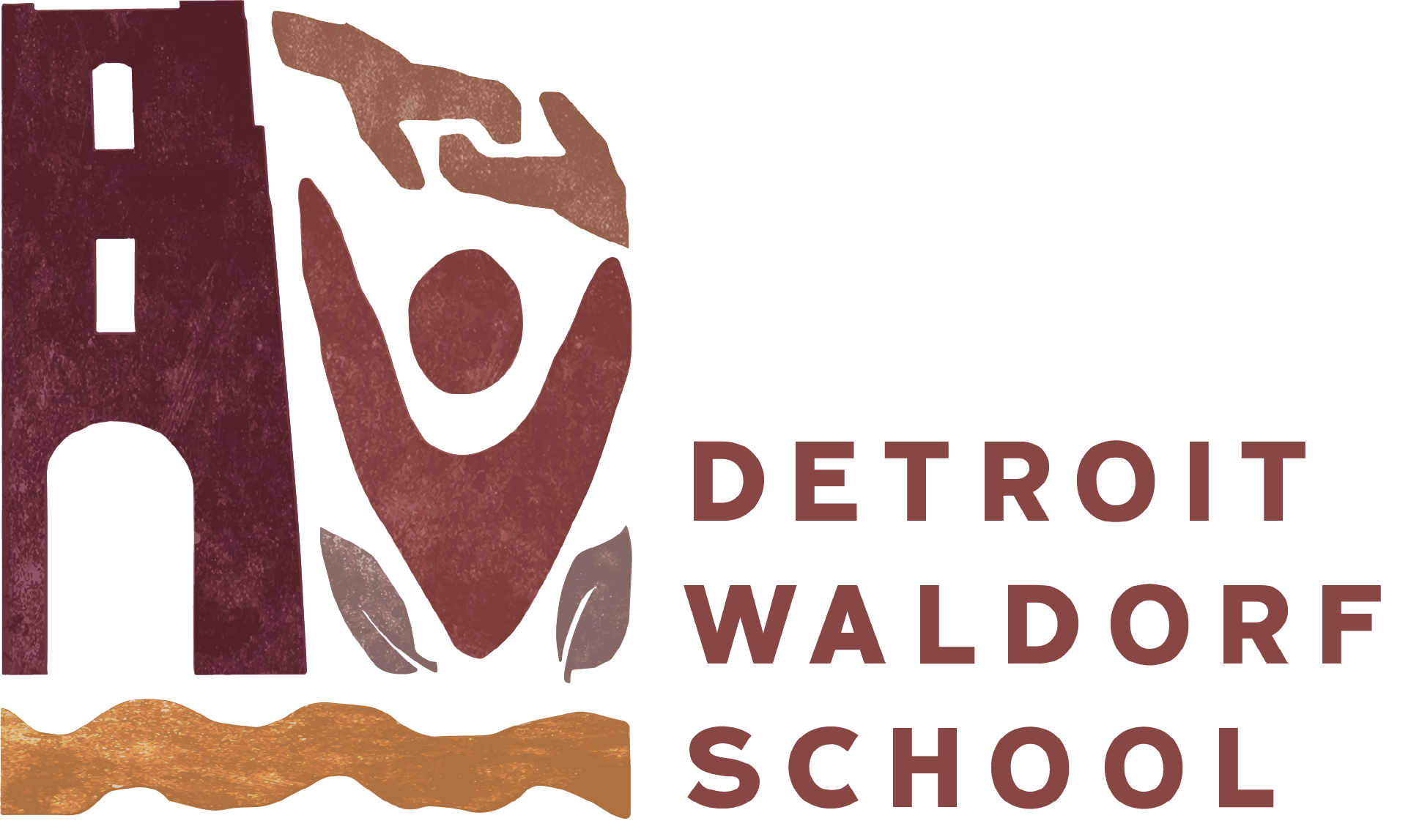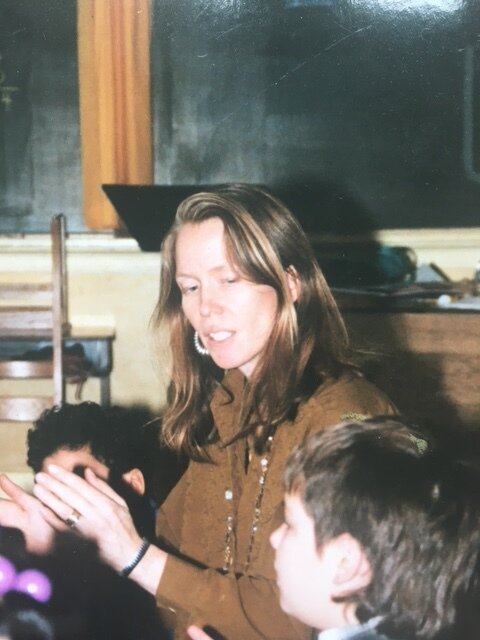In 2008, another DWS teacher, Erin Frey, and I were both very interested in teaching at a school that was more accessible to the community as well as one where our friends could afford to send their children.
We had heard of a tuition assistance program at a Waldorf School in California that seemed like it would be a good fit for our school. We started a study group to consider bringing Accessible Tuition to DWS. A mix of parents and teachers met every week for a year, going through an article we had found about Accessible Tuition. As a group we thought through the school’s structure. What would have to happen for us to put something like this into place?
The structure of the study group was based on Rudolf Steiner’s philosophy on three facets of the social realm. He proposed that the proper application of equality was in the realm of law, the proper application of freedom was in the realm of culture, arts, and education, and the proper realm of brotherhood or sisterhood was in the realm of economics.
It was interesting to study the economics of our community from this perspective. Another big shift we advocated for was making the school’s budget more transparent.
The study group arranged for Bob Monsen, from the School of the Peninsula and co-author of the Accessible To All tuition document we had been studying, to come to DWS to speak to us. About 125 people came to his talk. Board members came as well, willing to listen.
Monsen spoke about how tuition assistance is actually a development opportunity, and in its pure form the program would require each family to have a conversation every year where the school budget was explained and there was a place for Q&A, giving each family the feeling that- this is my budget too.
This really reinforced the idea of community. It was a big change for the culture of the school to shift into. The study group wrote up a mock script and walked through it with the board members. We role played how the conversations would go.
Then the economy fell apart. Half the teaching staff had to leave. And it was a strategic plan year, so the study group brought the AT program to the strategic planning committee and then it was voted on by the community as a whole.
By the next year, AT was in place. Many teachers and parents were volunteer conversationalists, and many conversations happened that first summer. It gave a new spark of life to our community to be able to say to people, you CAN come here.
This was a time of change and new things were incorporated. The budget became much more open and accessible to everyone.
Being able to talk about money has been really nice. Bob Monsen told us, “When you build a community people don’t want to lie to you.” Real investment in community cultivates a spirit of acceptance and generosity. It connects the realm of money to the realm of pedagogy. AT strives to bring the ideals of how teachers meet and hold the children directly to how the school meets every family, right where they are.
“There are many riches. Not all of them are cash.”
In the 2008 downturn there was a trend to think about how we can work with money in a different way. WDET invited us on their show to talk about the ideas of the program. We talked about the wish to create a community that respected people no matter how much money they had.
In the AT conversations, the attempt is for the school to hold everyone with respect. You also get to know people and their skill sets. Everyone is invested in the school.
It creates the ability to have some consistency, because if a family has a hard time one year, they don’t have to leave the school. There can be consistency for those children and support for that family. Giving respect to people of all economic statuses is a great example for children.
It is true that we benefit from having a vibrant socioeconomically diverse community.
There are many riches. Not all of them are cash. When we started, we never kept track of what was NOT paid. It was- this is how much we are bringing in, and we are grateful.
Sarah Addae is the current Third Grade teacher at DWS, member of the Accessible Tuition Committee and the DWS Finance Committee.


